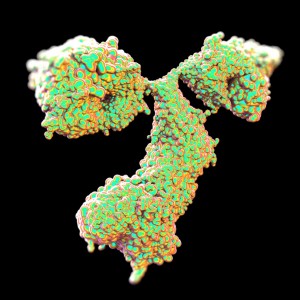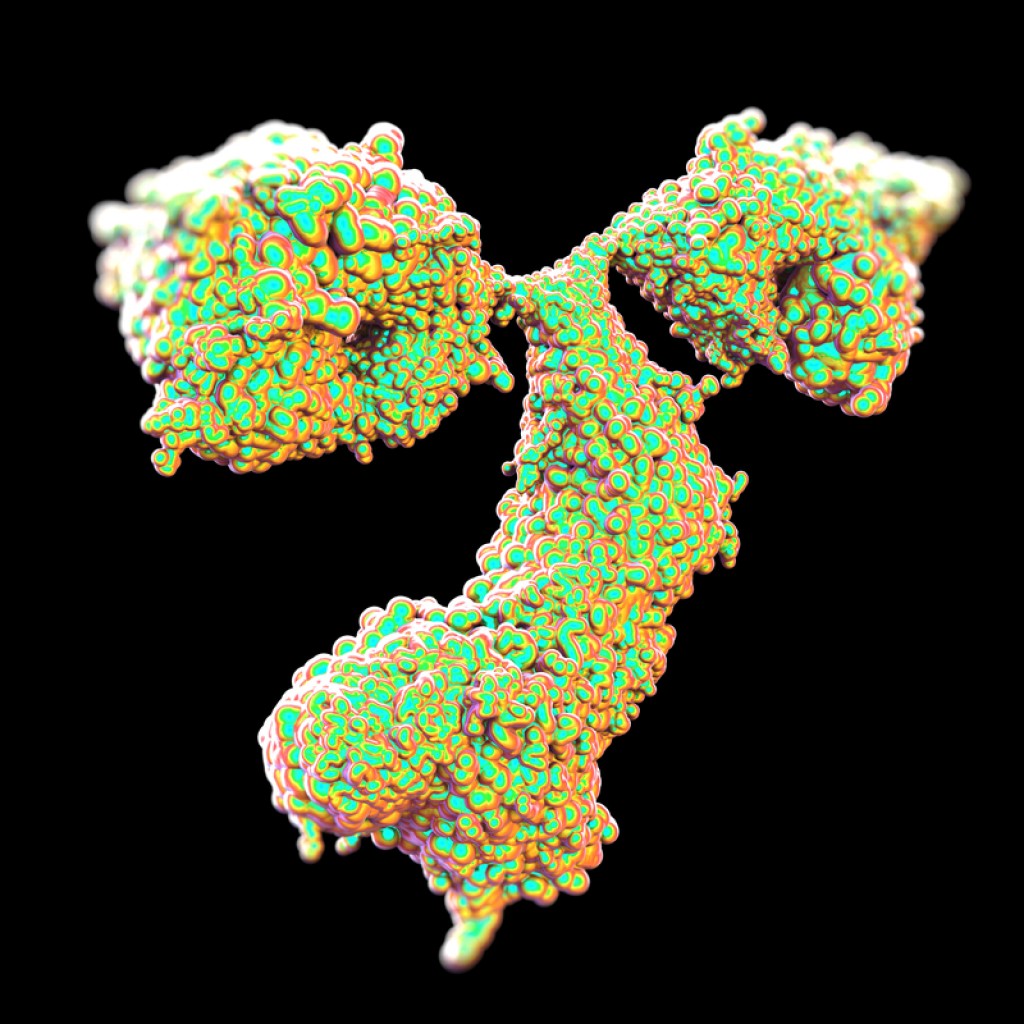 Immunomedics, Inc. has announced its sacituzumab govitecan research received the U.S. Food and Drug Administration (FDA) designation of Fast Track development program for the treatment of triple negative breast cancer (TNBC) patients who failed to respond to previous therapies for metastatic disease.
Immunomedics, Inc. has announced its sacituzumab govitecan research received the U.S. Food and Drug Administration (FDA) designation of Fast Track development program for the treatment of triple negative breast cancer (TNBC) patients who failed to respond to previous therapies for metastatic disease.
Sacituzumab govitecan (IMMU-132) is an investigational antibody-drug conjugate (ADC) that consists of hRS7, a humanized antibody binding to the trophoblast cell-surface antigen (TROP-2), conjugated with an active irinotecan metabolite, SN-38.
While this metabolite is already in use to treat several types of tumors, the TROP-2 antigen is present in many tumor cells, including breast, colon, lung and prostate, but somewhat absent in healthy cells.
This novel antibody binds to cancer cells that express TROP-2 and becomes internalized, allowing the specific delivery of its toxic SN-38 agent.
FDA’s Fast Track designation was based on the company’s promising results in TNBC patients, along with their research plans to develop sacituzumab govitecan.
Preliminary clinical results have shown that in patients who have had an average of 4 prior therapies, 30% has shown complete and partial remissions by computed tomography, with 30 to 100% rates of tumor shrinkage.
[adrotate group=”3″]
The main side effect of this novel therapy seems to be neutropenia, low neutrophil count, which can be overcome upon dosage adjustment or myeloid growth factors administration.
“We are pleased to receive this Fast Track designation from FDA,” Cynthia L. Sullivan, President and Chief Executive Officer, said in a company’s press release. “We plan to discuss with FDA and our medical advisers the registration pathway for this valuable agent in breast cancer, and talks with potential licensing partners are continuing. We are close to completing enrollment of about 50 patients with metastatic TNBC, while we continue to study other indications as well,” she added.
This important designation accelerates the pace of drug development and review, and is conceded to drugs that can fulfil an unmet medical need in the treatment of serious or life threatening conditions, allowing a closer and more frequent collaboration between the company and the FDA.

